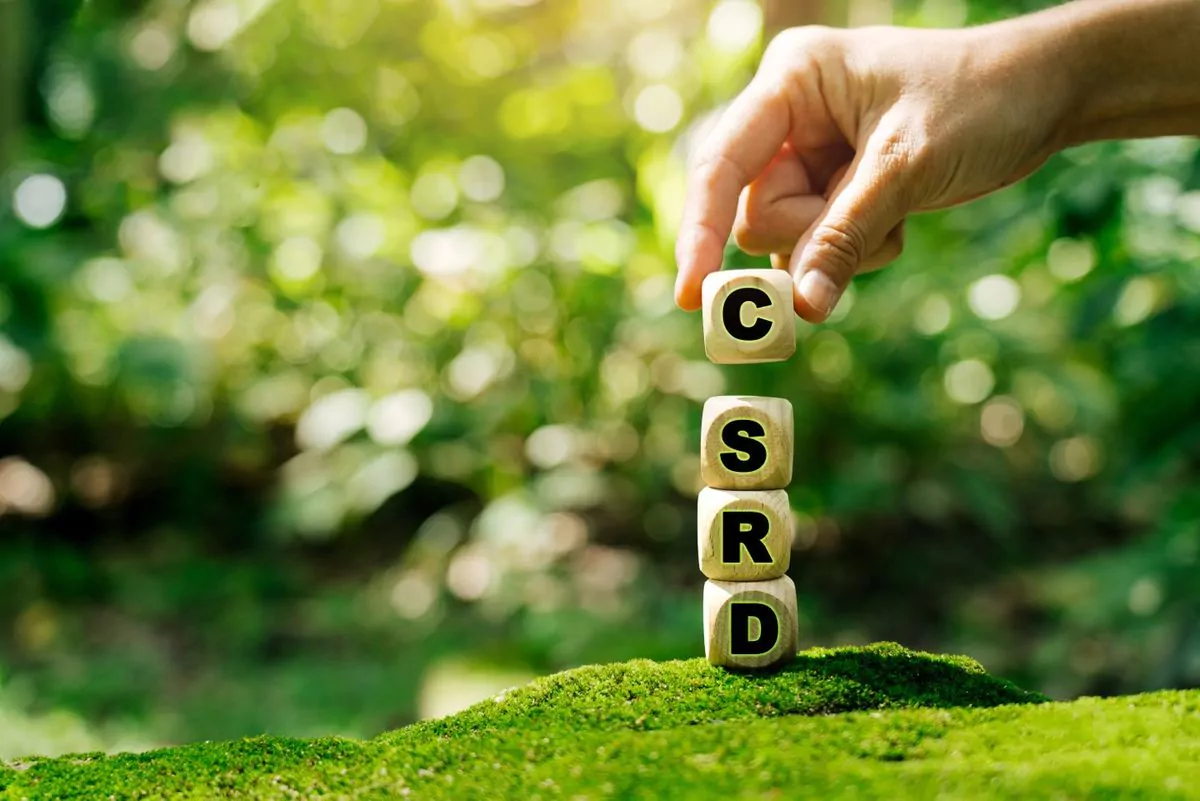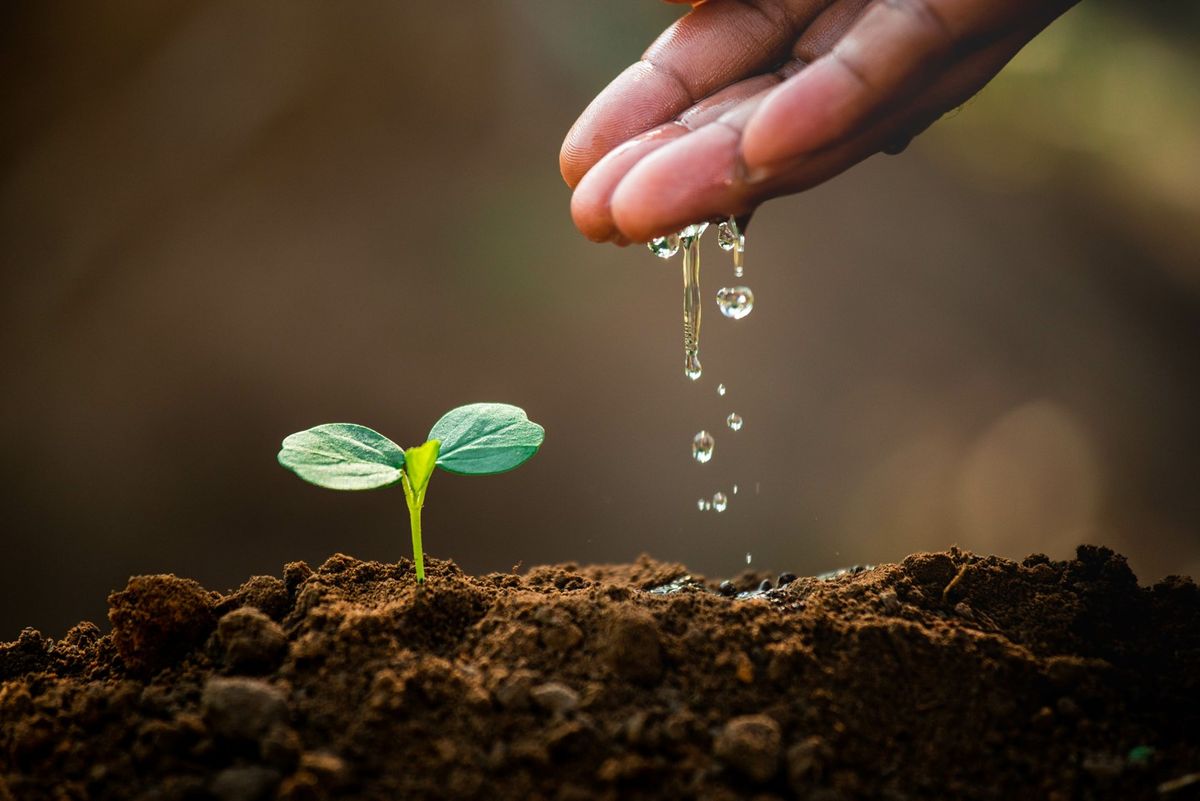Environment & Climate

In the face of climate change, we have developed a recognized expertise around our client’s challenges linked to the environment, with the firm belief that CSR should be a differentiating lever of value creation.
To go further
Founded in 1993, Alcimed is an innovation and new business consulting firm, specializing in innovation driven sectors: life sciences (healthcare, biotech, agrifood), energy, environment, mobility, chemicals, materials, cosmetics, aeronautics, space and defence.
Our purpose? Helping both private and public decision-makers explore and develop their uncharted territories: new technologies, new offers, new geographies, possible futures, and new ways to innovate.
Located across eight offices around the world (France, Europe, Singapore and the United States), our team is made up of 220 highly-qualified, multicultural and passionate explorers, with a blended science/technology and business culture.
Our dream? To build a team of 1,000 explorers, to design tomorrow’s world hand in hand with our clients.
CSR, also known as corporate social responsibility, is defined by the European Commission as the voluntary integration by companies of social and environmental concerns into their business activities and their relationships with stakeholders. At the global level, standard ISO 26000 defines the scope of CSR and specifies the 7 essential dimensions: organizational governance, human rights, labor relations and conditions, the environment, fair practices, consumer issues, and communities and local development.
More simply, we can say that CSR defines the contribution of companies to the challenges of sustainable development.
Through its CSR policy, a company will therefore seek to have a positive social and environmental impact while being economically viable.
Whether it’s by legal obligation (such as article 225 in the France’s Grenelle II law) or to promote a more sustainable development, CSR reporting is becoming a more normalized exercise for companies. However, this sometimes complex exercise necessitates the prioritization of multiple challenges of sustainable development regarding company priorities, but also the sometimes contradictory expectations of stakeholders.
The ”materiality matrix” is a recognized tool for conducting this prioritization. It is a graphic representation with two axes, containing the sustainability challenges of an organization or group, taking into account their impacts on the activities and their importance to the different parties involved.
Decarbonization is the process of reducing greenhouse gas emissions, primarily carbon dioxide and methane from various sources related to economic activities.
Eco-design is a means of designing products and services that aims to minimize their environmental impact throughout their life cycle, from the extraction of raw materials until the end of their life. This method is currently encouraged by European and French regulations, as well as by the growing expectations of consumers in terms of sustainable development.
As underlined by ADEME (the French Environment and Energy Management Agency), ecodesign can reduce up to 50% of the environmental footprint of a product while offering economic advantages, such as reducing production and operating costs, enhancing brand image, and opening new markets.
The circular economy is a phenomenon that consists in producing goods and services in a more sustainable way, i.e by limiting the consumption and waste of planetary resources and the production of waste.
More and more industrial players are interested in integrating circularity principles into their activities to develop sustainable production and sustainable consumption approaches.


